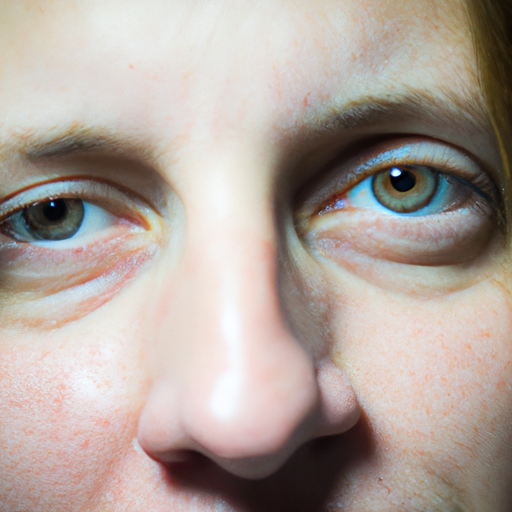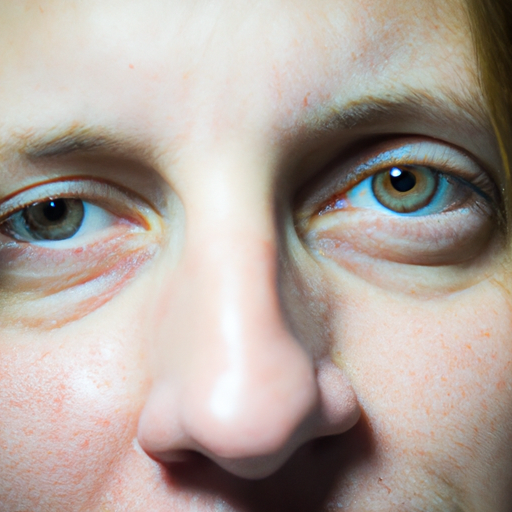Dry skin, also known as xerosis cutis, is a common condition that affects people of all ages. It can be a mere annoyance or a sign of a more serious underlying health issue. Understanding the symptoms and root causes of dry skin can help individuals manage this condition effectively.
Dry skin is characterized by a rough, scaly, or flaky texture. It may appear dull and lack the plump, firm quality of healthy skin. Other symptoms include itching, redness, and cracks that may bleed. In severe cases, deep fissures may develop, which can lead to painful cracks or sores.
The primary cause of dry skin is a lack of moisture. This can be due to environmental factors such as cold or dry weather, indoor heating, hot baths or showers, and harsh soaps or detergents. These factors strip the skin of its natural oils, leading to dryness and irritation.
However, dry skin isn’t always just a surface problem; it can also be a symptom of an underlying health condition. For instance, certain diseases like hypothyroidism, diabetes, and kidney disease can cause dry skin. In hypothyroidism, the body doesn’t produce enough thyroid hormone, which controls the skin’s metabolism and moisture level. Diabetes affects the body’s hydration levels and blood circulation, which can lead to dry skin. Kidney diseases can also cause dry and itchy skin because the kidneys are unable to balance the body’s minerals and nutrients properly.
Skin conditions like psoriasis and eczema are other common causes of dry skin. Psoriasis is a chronic disease that accelerates the life cycle of skin cells, causing them to build up rapidly on the surface of the skin. This buildup results in dry patches and scales. Eczema, on the other hand, is a condition that makes your skin red and itchy. It’s common in children but can occur at any age. Eczema often leads to very dry and sensitive skin.
Aging is another factor that contributes to dry skin. As we age, our skin produces less sebum, the skin’s natural oil that helps retain moisture. This can make the skin dry and more prone to damage.
Nutritional deficiencies can also lead to dry skin. Vitamins A, B, and E are essential for maintaining skin health. A deficiency in any of these vitamins can result in dry, flaky skin.
In conclusion, while dry skin is often a result of environmental factors or aging, it can also be a symptom of an underlying health condition or nutritional deficiency. Therefore, if you’re experiencing persistent dry skin, it’s important to consult a dermatologist or healthcare provider to identify the root cause and receive appropriate treatment. Remember, healthy skin is not just about appearance; it’s a reflection of your overall health and well-being.




